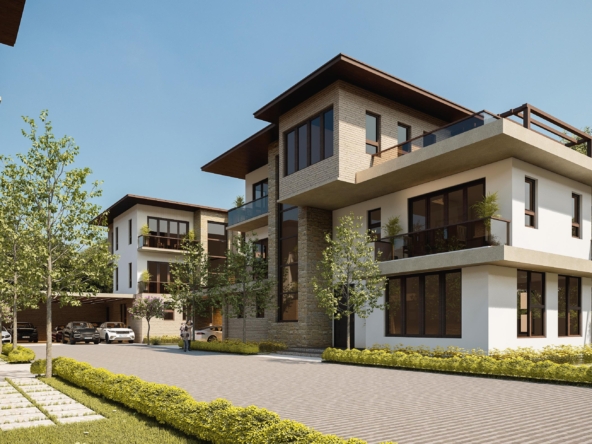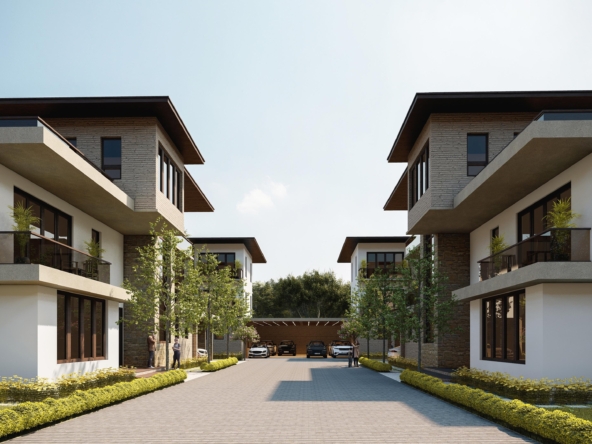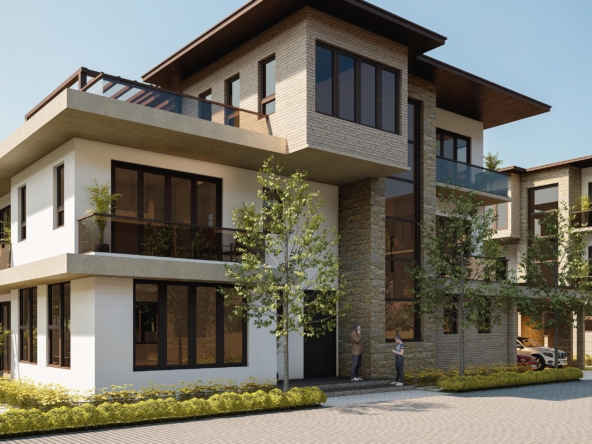
Investing in real estate in Kenya’s upscale markets can be a lucrative venture, but it comes with specific considerations regarding safety and potential risks. Here’s an overview of factors that can help determine whether it is safe to invest in these premium areas:
1. Market Stability
Consistent Demand: Upscale neighborhoods in Nairobi, such as Kilimani, Karen, Muthaiga, and Westlands, typically enjoy high demand for both residential and commercial properties. The affluent clientele ensures a relatively stable market.
Price Appreciation: Historically, upscale properties tend to appreciate in value over time, providing potential long-term returns on investment.
2. Economic Factors
Growing Middle Class: The rise of a middle and upper class in Kenya contributes to increased demand for high-quality housing and amenities, making upscale markets attractive.
Investment in Infrastructure: Continued investment in infrastructure, such as roads and public transport, enhances accessibility and desirability, further supporting property values.
3. Government Policies and Regulation
Regulatory Framework: The Kenyan government has made efforts to improve the regulatory framework for real estate, including measures to enhance transparency and reduce corruption.
Incentives for Developers: Policies promoting affordable housing and urban development can positively impact upscale markets by attracting investments and improving infrastructure.
4. Legal Considerations
Land Ownership and Title Issues: Legal disputes regarding land ownership can be a concern. It is crucial to verify property titles and ensure that all legal documentation is in order. Engaging a reputable real estate agent or legal advisor is recommended.
Transparency in Transactions: Ensure that all transactions are conducted transparently and with proper documentation to mitigate risks associated with fraud or misrepresentation.
5. Investment Strategy
Diversification: Consider diversifying your investment portfolio by including different types of properties (residential, commercial, etc.) in upscale areas to spread risk.
Due Diligence: Conduct thorough research on specific neighborhoods, property values, and market trends. Understanding the local dynamics is essential for making informed investment decisions.
6. Rental Income Potential
Strong Rental Market: Upscale properties often attract high-income tenants, providing reliable rental income. Areas with amenities like schools, shopping centers, and recreational facilities tend to have higher demand.
Short-Term Rentals: Some investors may consider vacation rentals or short-term leasing, particularly in areas with tourist appeal, to maximize returns.
7. Economic Volatility
Risk of Economic Downturns: While upscale markets are generally more resilient, they can still be affected by broader economic challenges. Global events, economic slowdowns, or political instability can impact investment returns.
Long-Term Commitment: Real estate investments typically require a long-term perspective. Being prepared for market fluctuations can help mitigate risks.
8. Engaging Professionals
Reputable Real Estate Firms: Partner with established real estate firms, such as Numa Real Estates KE, to gain insights and guidance tailored to the upscale market. Their expertise can help navigate the complexities of the market safely.
Legal and Financial Advisors: Work with professionals to ensure that all legal and financial aspects of the investment are adequately addressed.
Conclusion
Investing in real estate in Kenya’s upscale markets can be safe and rewarding, provided you conduct thorough research and take proactive measures to mitigate risks. With proper due diligence, professional guidance, and a long-term strategy, you can navigate the market successfully. For personalized advice and assistance in the upscale real estate market, contact Numa Real Estates KE at 0717 009425 or email buynow@numarealestate.co.ke. Visit www.numarealestate.co.ke to explore exclusive investment opportunities.



